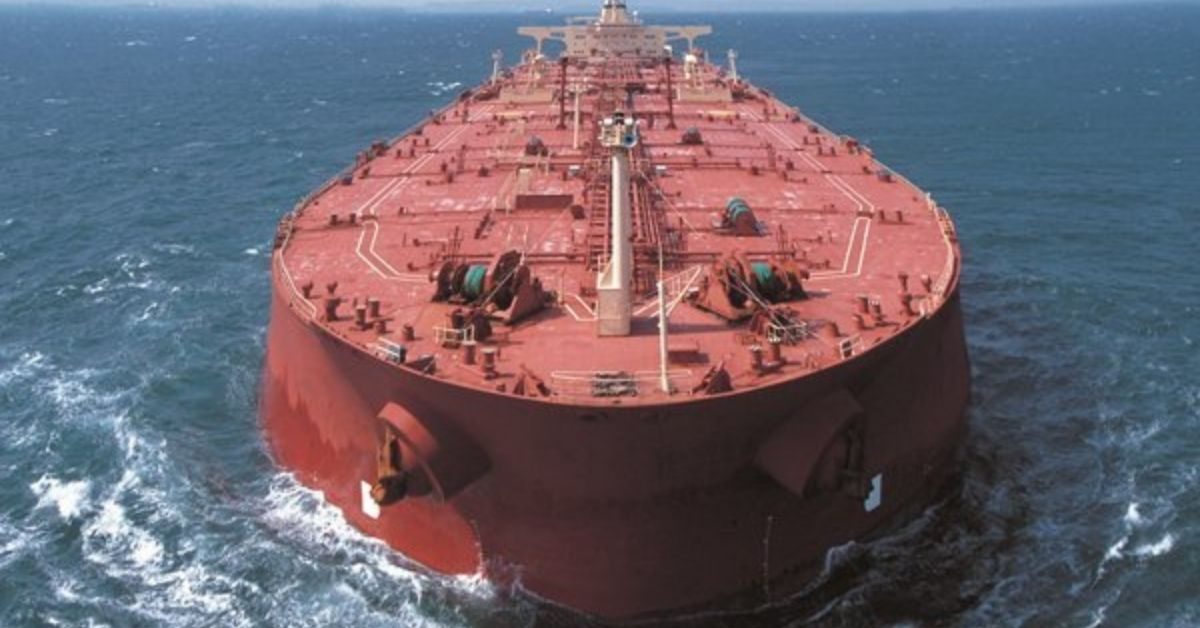Source: ET Infra
The India’s biggest oil refiner seeks to boost the nation’s energy security and for hedging reasons.
A VLCC can carry some two million barrels of crude oil per trip. In the current market, a second-hand VLCC costs some $125 million. IOC will either buy the VLCC’s or lease them for long tenures of 8-10 years and a deal will be finalised in 6-8 months.
“In principle it has been approved, ‘yes we can get into this business’ but when the specific proposal comes again, we have to go to the board,” said a company source with knowledge of the matter.
The refiner said it will only buy or lease a ship which is five years old or less. “That’s the focus,” he said. For energy security of the nation and for hedging reasons, we will be getting into this business, he added. IOC is a big charterer of oil tankers to transport crude, spending millions of dollars in freight annually.
IOC Global Capital Management IFSC Ltd, a wholly owned unit of IOC, was set up recently in the Gujarat International Finance Tec-City (GIFT City), India’s first International Financial Services Centre (IFSC) under the Special Economic Zone Act, marking its entry into the finance domain to support fund flow at most optimal terms for IOC Group firms with the aim of bolstering energy security and energy transition. IOC Global Capital Management IFSC, a Global Treasury Centre of the Company, closed its first refinancing deal recently and plans to raise loans to finance group companies, the source said.
In the second stage, it has started working on purchasing or leasing two VLCC’s. The IFSC outfit of IOC has opened talks with some banks to structure a deal to overcome the “constraints” in leasing ships for tenures over five years stipulated by some government agencies.
IOC’s preference for second-hand VLCC’s stems from its desire to enter the business quickly as the new building market has tightened with most of the global yards booked fully for the next three years.
“New orders are not possible because for the next three years all yards are booked. So, if we go for buying new ships, it will take us 3-3.5 years to get them. So that is the reason to look at the second-hand market,” the source pointed out.
Acknowledging the “very high” price of “close to $125 million” prevailing in the global market for a second hand VLCC, the source said the freight rates for these types of ships were also “high”.
Under a potential structure being worked out, IOC’s unit in IFSC will charter the ships to the parent company on “nomination” (without a tender which state-owned units are typically required to) basis.
“We will lease it to the IOC itself. IFSC entity is an IOC Group company. It will purchase the vessel, it will obtain the license and then it will lease it to IOC or some other company, but IOC sure shot. The point is the vessel will never be idle. Because your customer is already in place and secondly it is a business hedge for us. In case the freight rates go very high, then this company will earn,” the source said.
“Because it’s a 100 percent owned subsidiary of IOC, even if you are paying higher freight rates, it’s going to your own company only and then the money will come back as dividends. Either way, the IOC will earn,” he said.
IOC will also look at owning or leasing barges that support its single point mooring (SPM) operations.
“It’s not only about ships. We hire barges for our SPM operations, the cost of which is hardly $25-30 million. But that also comes under the definition of vessels, so we can do that also to begin with. The big factor is that when the customer is sure shot (like in the case of IOC), you don’t need to look out for a customer. We don’t need to participate in tenders for employment, that’s why we are working on it,” the source said.
IOC is keeping the options open regarding the flag of the VLCC’s. It could consider both – Indian flag and foreign flag ships – but feels that flying the Indian flag is preferable as it would come with the advantage of availing the so-called right of first refusal (RoFR) during public tenders, per government rules.
The right of first refusal – a government-mandated cargo support policy for domestic fleet owners during public tenders – was amended in October last year to deal with a new category of ship owners domiciled in the GIFT City.
With the rejig, the top priority for exercising the RoFR will be given to Indian built, Indian flagged and Indian owned ships followed by Indian built, Indian flagged and Indian IFSC Authority owned vessels.
The second priority will be granted to foreign built, Indian flagged and Indian owned ships followed by foreign built, Indian flagged and Indian IFSC Authority owned vessels.
The third priority will be given to Indian built, foreign flagged and foreign owned ships.
“We need to have the Indian flag for the ships, then only the RoFR will be available,” the source said.
IOC, he said, has also started discussions with some Indian companies to explore the possibility of forming a joint venture company to enter the shipping business. The only glitch is that being a state-owned company, IOC will have to prefer another government company as a partner in this exercise.
Initially, the refiner also considered buying LNG ships to bring LNG sourced from suppliers in which the seller is tasked with transporting the cargo. IOC felt that there was scope for hauling the LNG cargo using its own LNG ships. “There is a business case there also, but to begin with, our focus will be on buying VLCC’s,” the source said.








